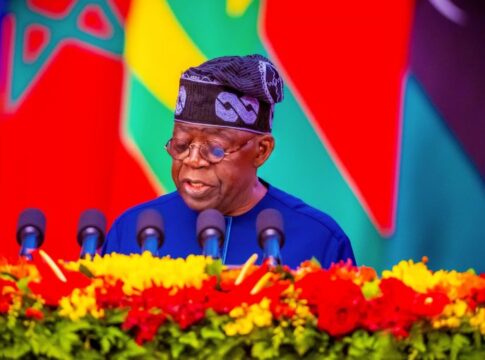President Bola Tinubu’s recent return from China has sparked intense debate about Nigeria’s economic future. His 24th trip to the Asian nation since assuming office in May 2023 was hailed as “very successful,” with the signing of five Memoranda of Understanding (MoUs) focused on road construction, rail, and nuclear energy.
Tinubu’s admiration for China’s progress is evident. He praised the country’s remarkable advancements in education, science, technology, and infrastructure, expressing his desire to replicate these achievements in Nigeria. “Nigeria is going through reforms, and we are taking bold and unprecedented decisions,” he stated.
However, experts argue that Tinubu’s enthusiasm overlooks significant differences between the two nations. China’s communist government and restrictive policies have contributed to its economic growth, but Nigeria’s democratic system and unique challenges require distinct solutions.
READ MORE: Head Of Service Didi Walson-Jack Wishes Muslims A Joyous Eid-el-Maulud
Nigeria’s economic relationship with China is substantial, with a trade value of $22.6 billion in 2023. Chinese companies, such as CECCC, are involved in various projects, including the Lagos-Ibadan railway and Abuja-Kaduna Rail. Yet, concerns persist about Nigeria’s debt to China, exceeding $4 billion.
The seizure of three Nigerian planes by a Chinese company over a disputed contract raises questions about the imbalance in their economic partnership. Tinubu’s call for Nigerians to accept high fuel prices as part of his “bold reforms” has sparked controversy, with many arguing that the prices are unaffordable and harmful to businesses.
While China’s achievements are impressive, Nigeria must consider its own strengths and weaknesses. The country’s democratic system, diverse economy, and entrepreneurial spirit require tailored solutions. Tinubu’s administration must balance its admiration for China’s progress with the need for homegrown policies that address Nigeria’s unique challenges.
As Nigeria navigates its economic relationship with China, it is crucial to prioritize transparency, fairness, and mutual benefit. By doing so, the country can harness the potential of international partnerships while safeguarding its sovereignty and economic future.




